Ms. Pham Thi Hoa (Muoi Hoa). Photo: H. Duc
Mrs. Muoi Hoa "acted fiercely" with enemy soldiers to protect cadres.
The house of Mrs. Pham Thi Hoa (Muoi Hoa) is located in Group 4, Giong Chu Hamlet, Tan Loi Thanh Commune. This year, Mrs. Muoi is 95 years old, although her steps are weak, she is still clear-minded. Mrs. Muoi is currently living with her youngest daughter who is over 50 years old. She was moved when mentioning the names of veteran cadres and journalists who used to live and work here.
Widowed at a young age, Mrs. Muoi Hoa had four children. Her family lived by farming and raising livestock. After the 1960 Dong Khoi, she participated in the work of women in the hamlet and nurtured cadres for journalism. Mrs. Muoi said: “At that time, soldiers like Nam Thong, Tu Nien, Hoang Le, Sau Dung, Phuong Dong, Minh Quang, Mrs. Thanh Y and Thanh Hai… lived in my house. When there were no soldiers on patrol, they worked normally, but when they heard the sound of soldiers’ boots, they hid in the basement,” Mrs. Muoi pointed to the back of the house and the nearby garden area, where secret bunkers were built during the resistance war.
The bunkers were dug around the houses, next to straw roots, fences, or grave mounds. Each bunker was large enough for two or three people and was carefully camouflaged so the enemy could hardly detect it. I asked Mrs. Muoi how she got rice and food to feed the cadres. “The brothers bought it. When they ran out of money, I cooked for them, no worries. We farmed, stored hundreds of bushels of rice, and each time we went to mill five or six bushels to save for later use,” Mrs. Muoi said with a smile, her eyes shining on her kind face.
During her time raising the soldiers, Mrs. Muoi had many encounters with enemy soldiers who were hunting and arresting. She also quickly helped revolutionary cadres escape when they were being hunted down by the enemy. She said: One early morning in the rainy season of 1967, after waiting for a long time without any news of the enemy's raid, the brothers went upstairs to eat bread and drink water. I went to the back of the kitchen to get some water and saw from afar a few enemy soldiers wearing steel helmets. I promptly alerted the brothers to run down to the bunker. Hearing the noise, the enemy opened fire and growled: "Who just ran in here?". I put my hands on my hips and said fiercely: "A few of you ran in here, who else? But you guys shoot high up, or you'll kill my sow about to give birth." When the enemy entered the house and saw many common bowls on the table, they were sure that the Viet Cong had just been here and run away. I calmly explained: “You guys are military men and don’t know that this place is so empty, no one with three heads and six arms would dare come here. I asked some people in the neighborhood to come and remove the roof of the kitchen, but there are no Viet Cong. You guys made them all run away, how can I gather them?” After a while of arguing, the bandits heard and left.
I asked: “At that time, there were so many enemy soldiers and you were alone, weren’t you afraid, Mrs. Muoi?” “No. It was so urgent back then, I wasn’t afraid of the enemy soldiers, I was only afraid that my brothers would be captured. I had to be fierce with them.”
Mr. Chin Dien and his wife enthusiastically nurture press cadres.
During the 1960s and 1970s, Mr. Ho Van Dien (often called Mr. Chin Dien) in Giong Chua hamlet (now Tan Loi Thanh commune) was a very enthusiastic person who helped revolutionary cadres. Veteran journalists such as Mr. Chi Nhan, Chim Trang, Nam Thong, Ba Nhon, Sau Dung, Hoang Le, Nguyen Ho, Phuong Dong, Thong Quoc, Tien Phong... spent time living in his house.
Mrs. Tran Thi Lam (wife of Mr. Chin Dien). Photo: H. Duc
Mr. Chin has now passed away. His wife, Mrs. Tran Thi Lam (93 years old), is living with her third daughter, Ho Thi Be Ba (70 years old), in Giong Tre Qua hamlet, Tan Hao commune. Although Mrs. Chin cannot hear well anymore, she is very happy when interacting with guests. When talking to her, her daughter acts as an “interpreter”.
Mr. Chin's house, which used to be in Giong Chua hamlet (Tan Loi Thanh commune), had a very favorable location; in front was an open road, and on the other sides were forests, so it was very convenient for the troops to retreat when the enemy soldiers were conducting sweeps. At that time, enemy soldiers often organized sweeps in the morning. Mr. Chin connected with a secret base person whose house was right on the road, and the two often communicated with each other by code: Whenever a black shirt was hung on a pole above the secret base's house, it meant that enemy soldiers were conducting sweeps. Thanks to this method of communication, the troops avoided enemy sweeps...
Once, Mr. Chin almost died because the enemy organized a surprise sweep. That afternoon, when the sun was just rising, the enemy rushed in, unlike the usual morning sweeps. Mr. Chin and everyone else only had enough time to crawl into the secret bunker. At this time, the commander was hanging a hammock in the garden about ten steps away from Mr. Chin's bunker.
At that time, the water was high and the cellar was flooded, but he kept lying there. Mrs. Chin was anxious to save her husband but did not know what to do. While thinking of a way to deal with it, she heard the sound of a rooster crowing at noon. Mrs. Chin secretly opened the coop door to let the chickens out into the garden and pretended to be hospitable, ordering the soldiers to catch the chickens to cook porridge to drink. Lying in the cellar, Mr. Chin clearly heard the soldiers chasing the chickens, screaming loudly... The water was up to his head, Mr. Chin opened the cellar mouth and saw the commander snoring, he crept up and escaped the enemy's encirclement.
Mr. Hai Choi cleverly rescued the officers.
In Linh Lan hamlet, Long My commune, Giong Trom district, there was Mr. Tran Van Choi (born in 1915, often called Mr. Hai Choi), an active citizen who once sheltered and nurtured cadres working in the press. Mr. Hai Choi passed away due to old age (over 100 years old). Currently, his third daughter, Tran Thi Day (83 years old, war invalid), living in Group 13, Linh Lan hamlet, Long My commune, is the one who worships him along with martyr Tran Van Xit (his son) and Heroic Vietnamese Mother Le Thi Tam (his wife).
Mrs. Tran Thi Day (daughter of Mr. Tran Van Choi). Photo: H. Duc
According to Mr. Le Chi Nhan (Tu Chi Nhan), a veteran journalist and former Vice Chairman of the Provincial People's Committee: In 1967, the enemy launched many large-scale sweeps with large forces and strong firepower. They discovered Chien Thang Printing House (located in Thua Duc Commune, Binh Dai District) and seized machinery and tools. Therefore, the printing of press publications was moved to Tan Hao Commune, now Tan Loi Thanh Commune, Giong Trom District. Provincial propaganda officers stayed at Mr. Hai Choi's house and the houses of several other people to conduct press activities.
Mrs. Tran Thi Day (Mr. Hai Choi's daughter) emotionally told us what happened before. One time, the enemy suddenly attacked, at that time Mr. Tu Chi Nhan and his comrades only had time to jump into the secret bunker, leaving the printed documents on the bed to cover the mat. Seeing the soldiers aggressively entering, Mr. Hai Choi pretended to be natural and invited them to drink water. Then, he caught a large Muscovy duck and handed it to the commander, saying: "It's not often that you guys come to my house, I have nothing to treat you. You guys take this duck home to make blood pudding to drink... Remember to let the people here live in peace, only then will we have chickens and ducks to give you guys in the future." Holding the Muscovy duck in their hands, the soldiers laughed loudly and retreated. Mr. Hai breathed a sigh of relief... According to Mrs. Ba Day, at this time the enemy was sweeping very fiercely, whenever they encountered a house that they suspected of harboring revolutionaries, they would arrest them or shoot them dead on the spot.
In Tan Hao commune, there are still people who are enthusiastic about revolutionary cadres working in journalism, such as Mr. Mai Van Hiep (Sau Hiep, former Commune Team Leader), Mrs. Le Thi Tranh (Sau Tranh), Mrs. Nguyen Thi Anh (Sau Xuong). This is the fourth time, after nearly 10 years, that I have had the opportunity to return to visit the places that sheltered and nurtured journalistic cadres during the resistance war. The people who contributed to the revolutionary journalism career are much older than before and many are no longer here.
“During the resistance war, there were people like Mrs. Muoi Hoa, Mr. Chin Dien, and Mr. Hai Choi who enthusiastically supported the provincial press team. They devoted themselves to the revolution, even boiling the eggs they were incubating to feed the cadres.” (The late veteran journalist - former Editor-in-Chief of Dong Khoi Newspaper Huynh Nam Thong) |
Huynh Duc
Source: https://baodongkhoi.vn/tham-noi-nuoi-duong-che-cho-cho-nha-bao-cach-mang-17062025-a148285.html


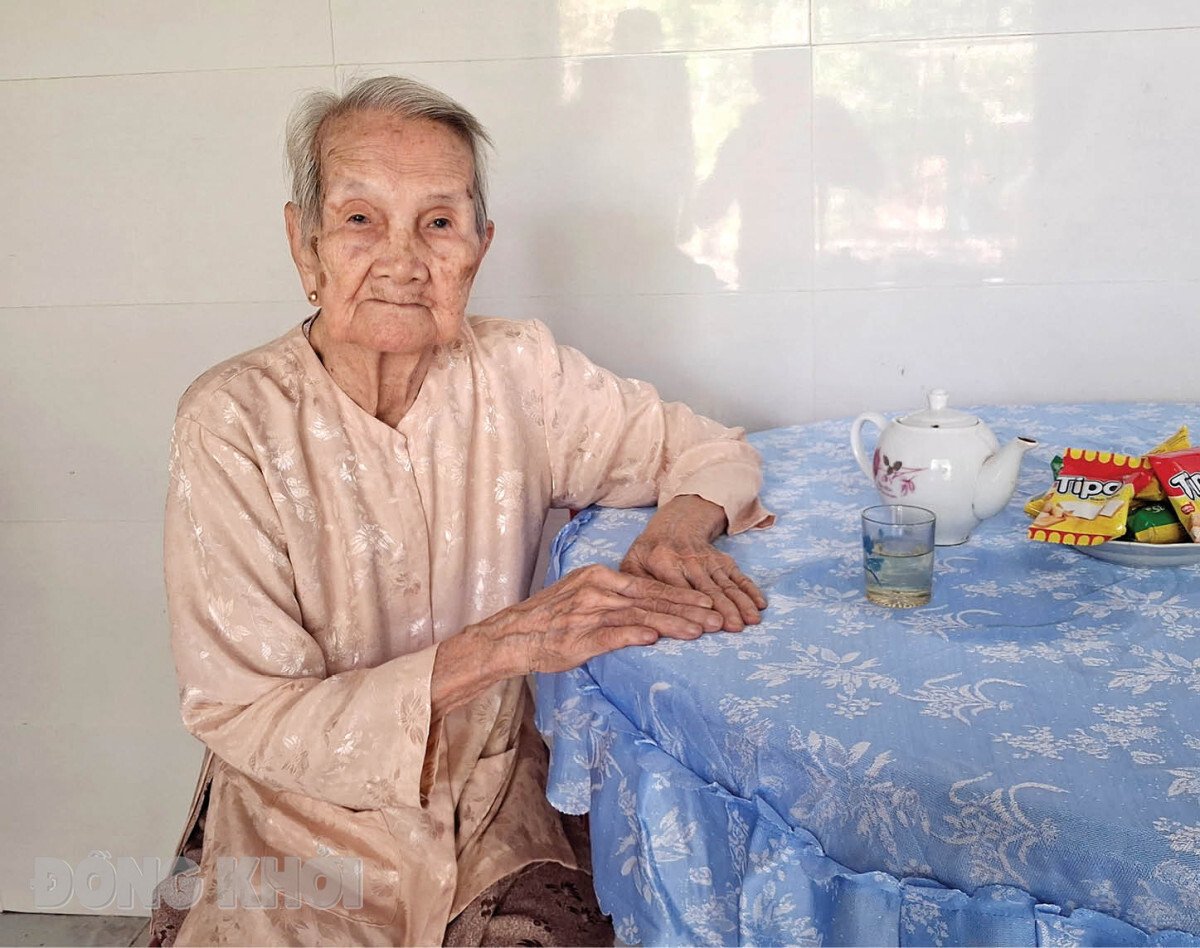
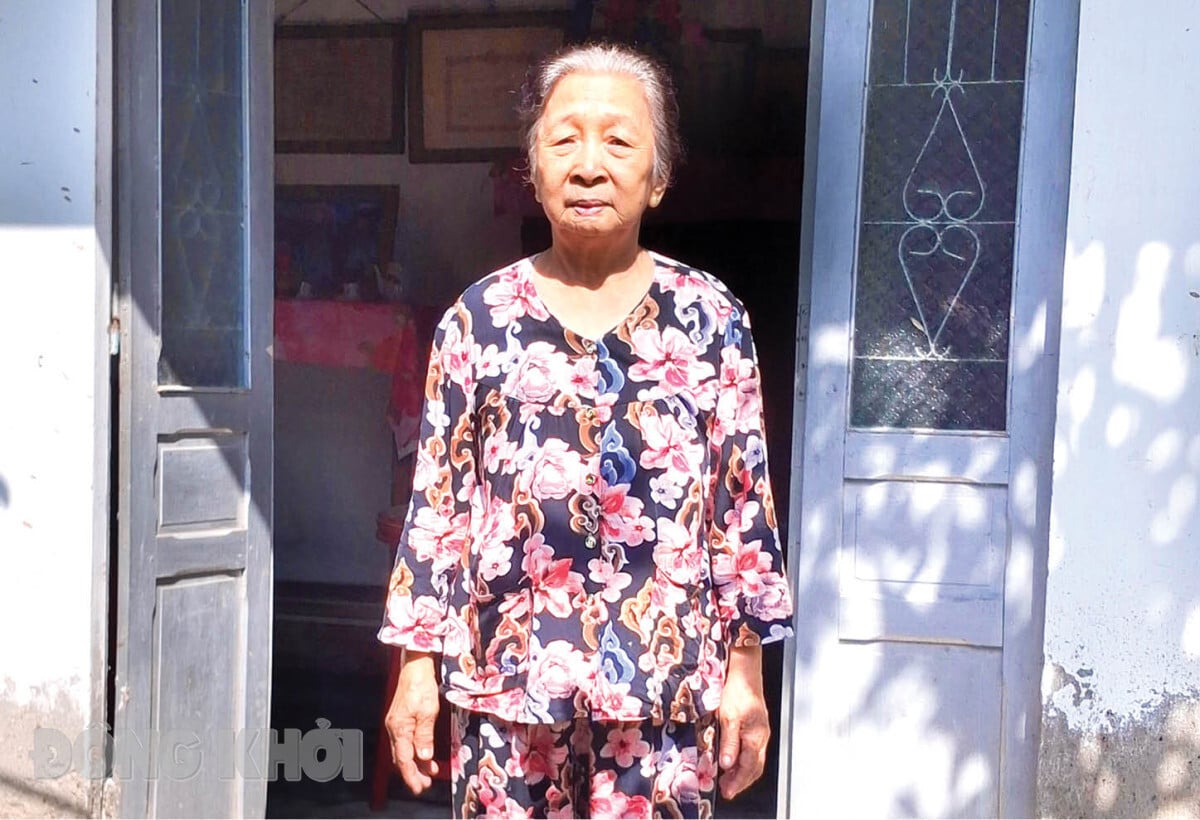
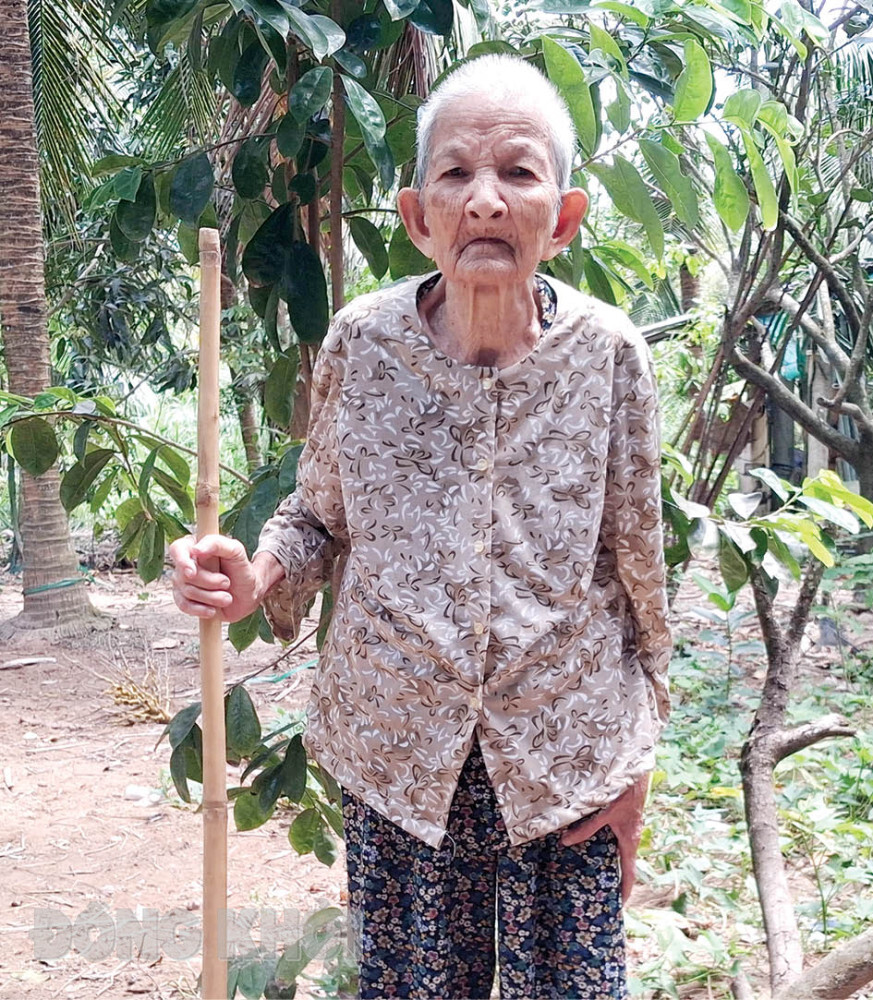










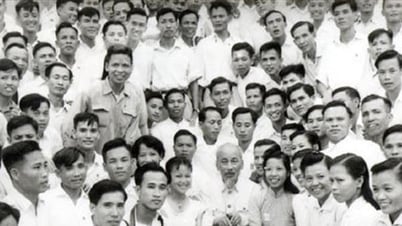



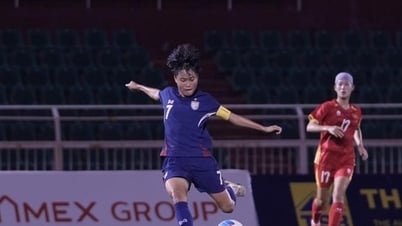






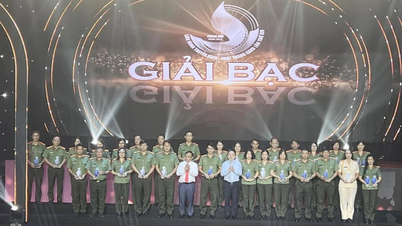
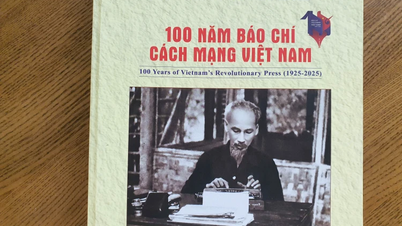
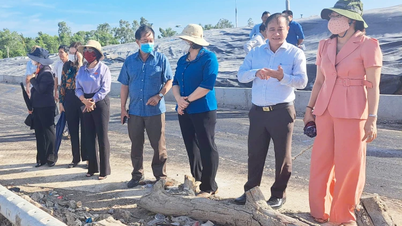


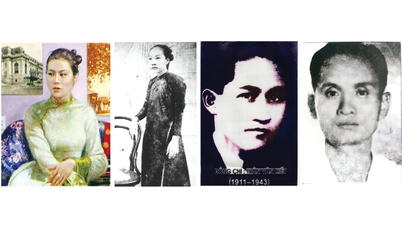













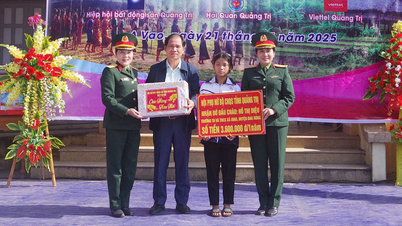





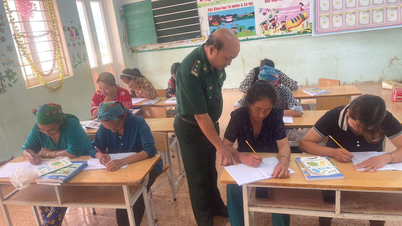







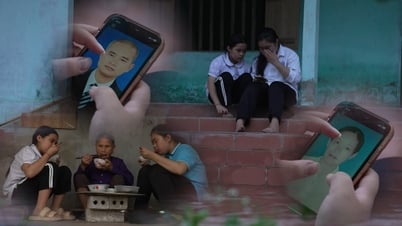



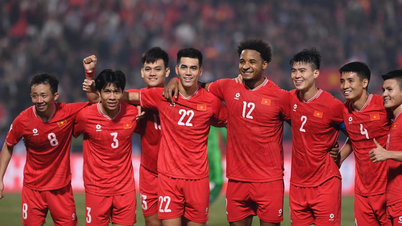



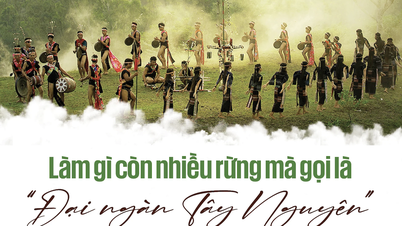

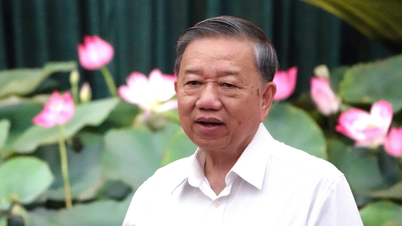

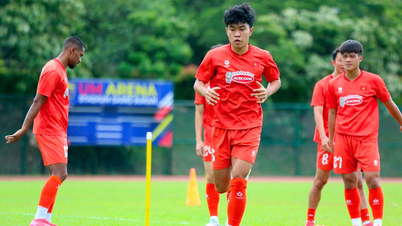













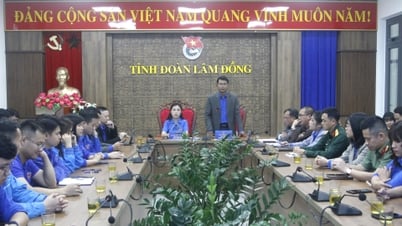
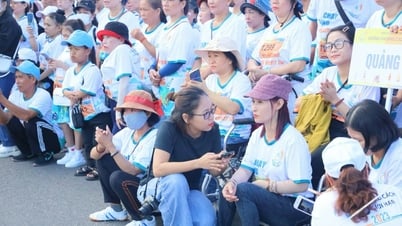
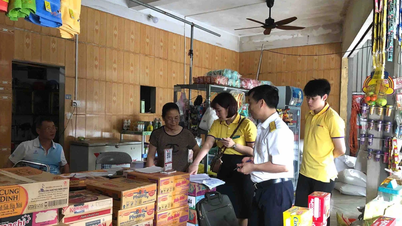













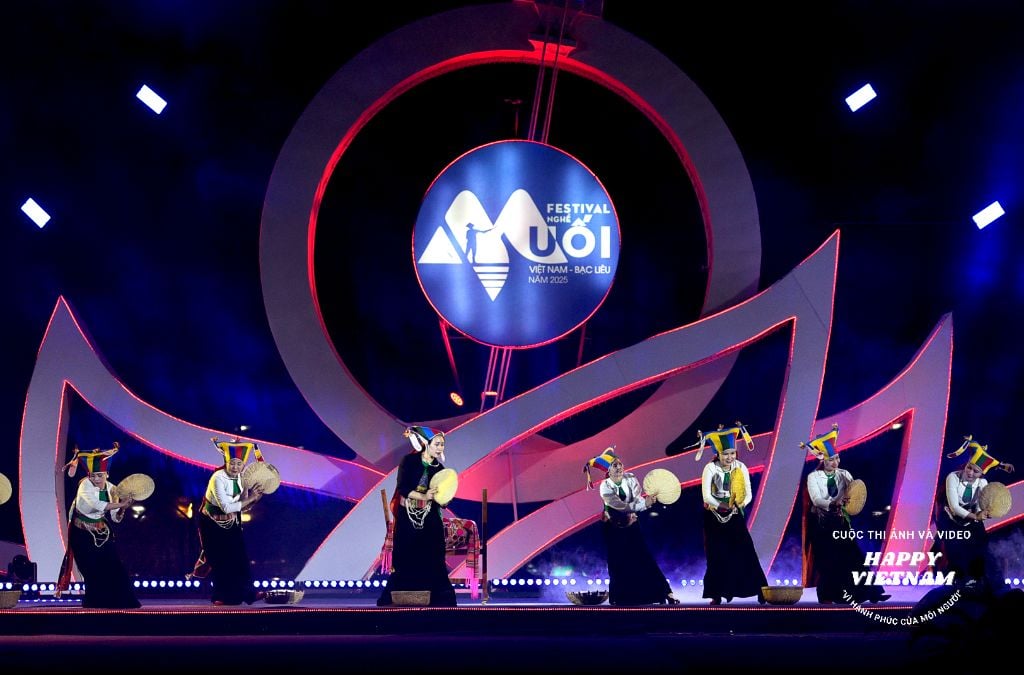
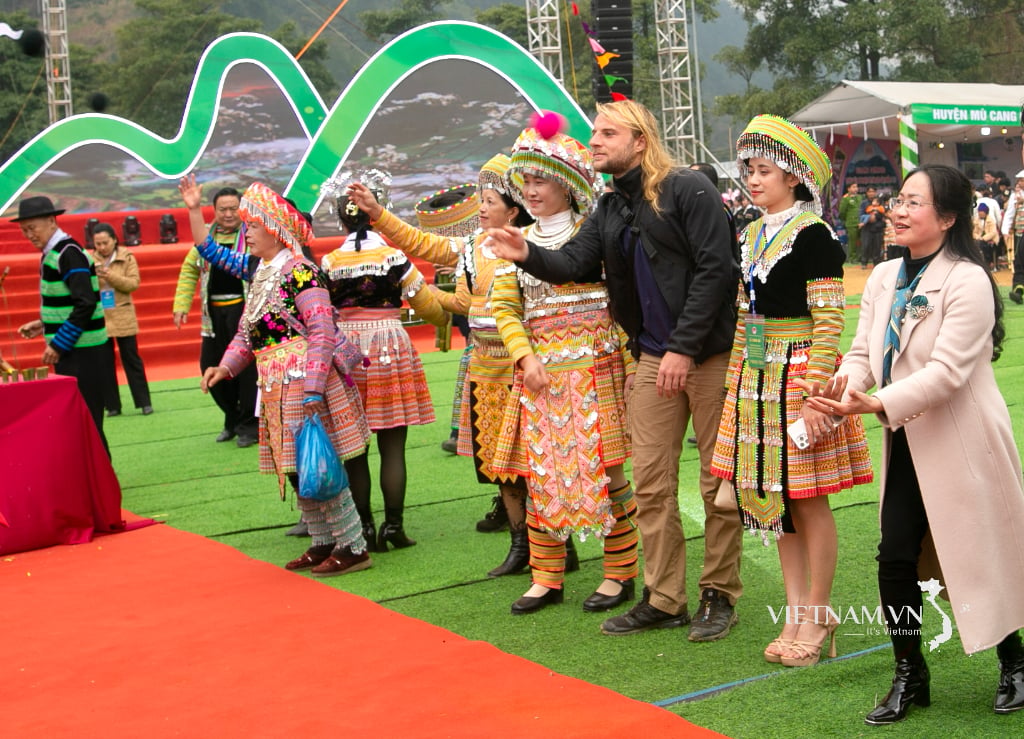
Comment (0)